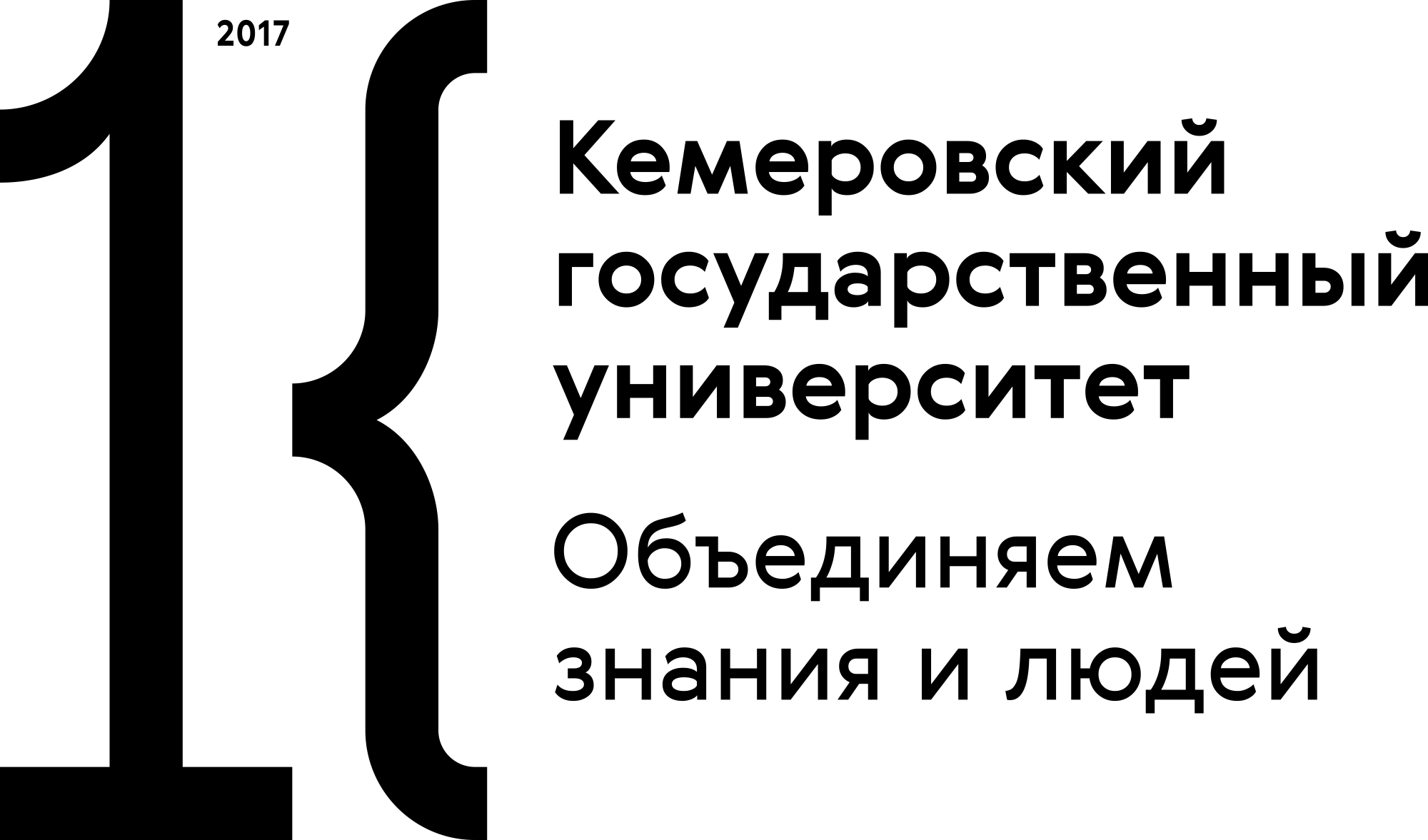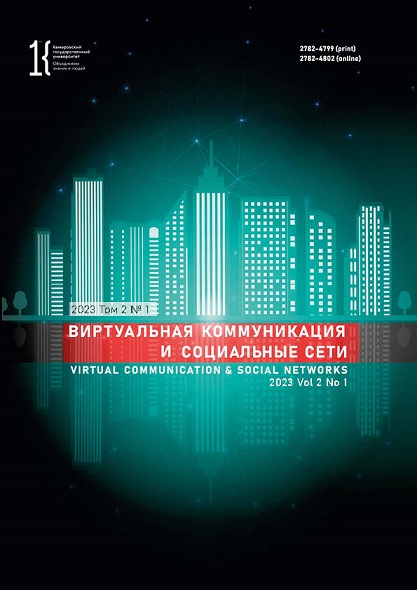Kemerovo, Russian Federation
The article describes the regulatory function of the language of Internet communication. The research featured the Internet discussion triggered by Olga Yurochkina's blog called The Little Things of Life. The users expressed their attitude to the spelling and punctuation violations that are typical of online communication. According to the hypothesis, special (philological) knowledge is opposed to the vernacular one. Consequently, educated users demand stricter control of conventional language rules. The author used comparative approach to develop a typology of opinions. The Internet discussion differed from similar offline debates in its causes, patterns, and results. The regulatory function was never mentioned directly but could be deciphered from the way the users formulated their question and the latent content of the statements they made.
social networks, blog, regulatory function, literacy, virtual communication, errors, typos
1. Altukhova T. V. Correlation of the elements of oral and written speech in virtual communication. Sibirskii Filologicheskii Zhurnal, 2012, (1): 150-154. (In Russ.)] https://www.elibrary.ru/owhddp
2. Bazhenova E. A., Ivanova I. A. Blog as an internet genre. Vestnik Permskogo universiteta. Rossiyskaya i zarubezhnaya filologiya, 2012, (4): 125-131. (In Russ.)] https://www.elibrary.ru/pjensz
3. Barysheva S. F. The "oral-written" form of speech in Internet communication as a appearance of the tendency of colloquiality and dialogicalit. World of linguistics and communication: electronic scientific journal, 2021, (64): 34-47. (In Russ.)] https://www.elibrary.ru/zeaaim
4. Volokhov S. P. Natural speech and everyday life: finding semantic boundaries. Natural written Russian speech: research and educational aspects. Pt. 2. Theory and practice of modern written speech: Proc. Conf., Barnaul, 24-26 Jan 2003. Barnaul: ASU, 2003, 169-178. (In Russ.)] https://www.elibrary.ru/wytmar
5. Golev N. D. Metalanguage consciousness of native speakers of the Russian language as a reflection of their spelling behavior. Vestnik Kemerovskogo gosudarstvennogo universiteta, 2006, (1): 111-114. (In Russ.)] https://www.elibrary.ru/ozoprt
6. Knyazeva E. G., Kurbakova S. N. Regulation function of the language sign. Moscow: ITTs, 2018, 247. (In Russ.)] https://www.elibrary.ru/yscghj
7. Kolokoltseva T. N. Colloquial speech and colloquial style of the Internet epoch. Ivzestia of the Volgograd State Pedagogical University, 2016, (8): 102-108. (In Russ.)] https://www.elibrary.ru/wzqyyx
8. Krongauz M. A. "Lytdybr" from a blogger or how the Internet language makes written speech a form of spoken language. Russkiy mir.ru, 2009, (6): 40-43. (In Russ.)] https://www.elibrary.ru/pubxpp
9. Lebedeva N. B. Metalinguistic consciousness of the participants of Internet communication (general aspects). Ordinary metalinguistic consciousness and naive linguistics, ed. Rostova A. N. Kemerovo; Barnaul: ASU, 2008, 297-310. (In Russ.)] https://www.elibrary.ru/roqfdj
10. Lebedeva N. B. Metalanguage consciousness of lawyers and the subject of jurisprudence. Legal Linguistics, 2000, (2): 50-64. (In Russ.)] https://www.elibrary.ru/wdlkcv
11. Shchennikov V. P. Ethnic identity. Ordinary metalinguistic consciousness and naive linguistics, ed. Rostova A. N. Kemerovo; Barnaul: ASU, 2008, 472-475. (In Russ.)] https://www.elibrary.ru/wwnebh















